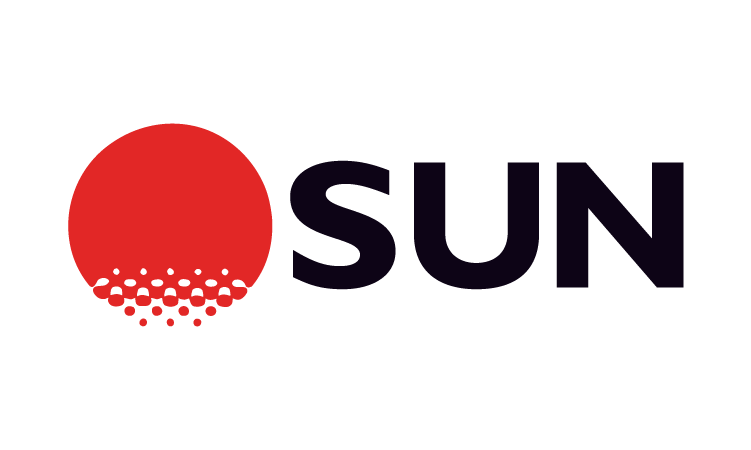Color Space - Designing for Digital & Print Media
Color Space… no, it’s not an explosion of color in the atmosphere. It’s making sure your files are set up correctly to get the results you're looking for!
What is Color Space?
Color space is a spectrum of specific and measurable ranges of color that can be interpreted and displayed on a visual plane. Color is often interpreted differently between digital devices and printed materials, which is why understanding color space plays a crucial role in managing color across all forms of media.
A general guideline is to use RGB for digital applications, CMYK for print, and PMS when matching a specific color in print. Let’s delve a little deeper into these concepts to give you a more comprehensive understanding.
rGB
Digital devices create and display all colors using a mixture of Red, Green, and Blue light waves. All phones, cameras, and computer monitors represent color using RGB. The RGB color space is large, and the combination of light waves creates a vast spectrum of color, giving it the ability to visually reproduce some of the brightest and most vibrant colors. If you’re designing a piece of content intended for digital use (websites, social media, e-mail, etc.), then RGB is the suggested color mode to use. Using RGB will make the most of the color space and help your content pop on screen.
CMYK
Most printing processes produce imagery using Cyan, Magenta, Yellow, and Black (CMYK) ink colors. Printing devices create overlapping dots of these colors to visually simulate all the colors in the spectrum. This means every shade of color on your printed product is a mixture of these 4 basic colors, with a few exceptions (see the PMS section below). The CYMK color spectrum is much smaller than RGB, making it more difficult to achieve bright and vibrant colors. Colors that cannot be accurately represented using CMYK are considered “out of gamut." If you are creating a piece of content intended for print, make sure you are designing in a CMYK mode to ensure your chosen colors are achievable for print devices.
Pantone Matching System (PMS)
Pantone Matching System (PMS) is a proprietary color space created by the Pantone company. Pantone books include an array of color swatches that can be ordered as special inks for offset printing. It’s like when you go pick out a paint color for your home, you find a chip you like, and a special paint mixture is made for you. No matter how hard you try, some colors are just unachievable using CMYK inks, so a PMS ink can be used instead to print a specific desired color (often for an increased price). PMS color swatches can also be used as a guide for printers to try to create a close “match” using CMYK. If you use specific colors in your logo or branding, we suggest selecting and designing with PMS colors to serve as a guide for how you’d like color to appear across all marketing materials.
Only scratching the surface
We hope this article has given you an understanding of how color space should be used when designing content. While we’ve covered the basics of color space, this only scratches the surface of managing the appearance of color in print and digital media. Please keep in mind that other major factors need to be taken into consideration (color standards, paper brightness, device calibration, grey balance, etc.) that affect how color looks in the real world. If you’re concerned about the appearance of color in your marketing materials, feel free to contact us for a consultation!



